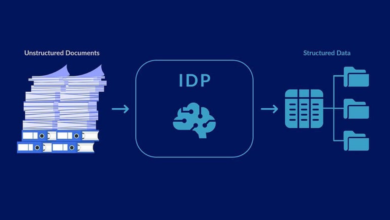
KS5 Year Groups: What Are KS5 Year Groups and What Do They Mean in the UK Education System?
Key Stage 5 (KS5) is a significant phase in the UK education system, encompassing Years 12 and 13 for students aged 16 to 18. This stage plays a vital role in shaping academic and career trajectories. Students can choose from a variety of subjects, balancing academic and vocational qualifications. Understanding the structure and offerings of KS5 is essential, as it lays the foundation for future opportunities and choices. What implications does this have for students' futures?
Overview of Key Stage 5
Key Stage 5, often regarded as a pivotal phase in the UK education system, encompasses the final two years of secondary education, typically known as Years 12 and 13.
This stage emphasizes a diverse curriculum focus, allowing students to explore subjects that ignite their passions.
Structure of KS5 Year Groups
While students navigate the final two years of secondary education, they find themselves in structured environments known as Year 12 and Year 13.
The KS5 curriculum offers an array of subjects, allowing students to tailor their studies to their interests.
Assessment methods during this stage typically include coursework, examinations, and practical evaluations, providing a comprehensive approach to gauge student understanding and readiness for higher education.
Qualifications Offered in KS5
Students in KS5 have the opportunity to pursue various qualifications that cater to their academic and vocational ambitions.
A level subjects allow for in-depth study, while vocational qualifications provide practical skills for specific careers.
Effective exam preparation is crucial for success, especially as students navigate the UCAS process for university applications, ensuring they meet the requirements for their desired pathways.
Importance of KS5 in Future Pathways
The significance of KS5 in shaping future pathways cannot be overstated, as it serves as a critical transition period for young individuals preparing for higher education and careers.
During this time, students engage in specialized subjects that enhance their academic progression, thus broadening their career opportunities.
Successful completion of KS5 qualifications often leads to university admissions, vocational training, or direct employment, empowering students to pursue their aspirations.
Conclusion
In conclusion, Key Stage 5 represents a crucial phase in the UK education system, bridging academic pursuits with vocational training. It empowers students to explore diverse subjects, fosters personal growth, and enhances career readiness. By offering a range of qualifications, KS5 not only prepares learners for higher education but also equips them with practical skills for the workforce. Ultimately, KS5 shapes futures, opens doors, and lays the foundation for lifelong success in an ever-evolving world.




